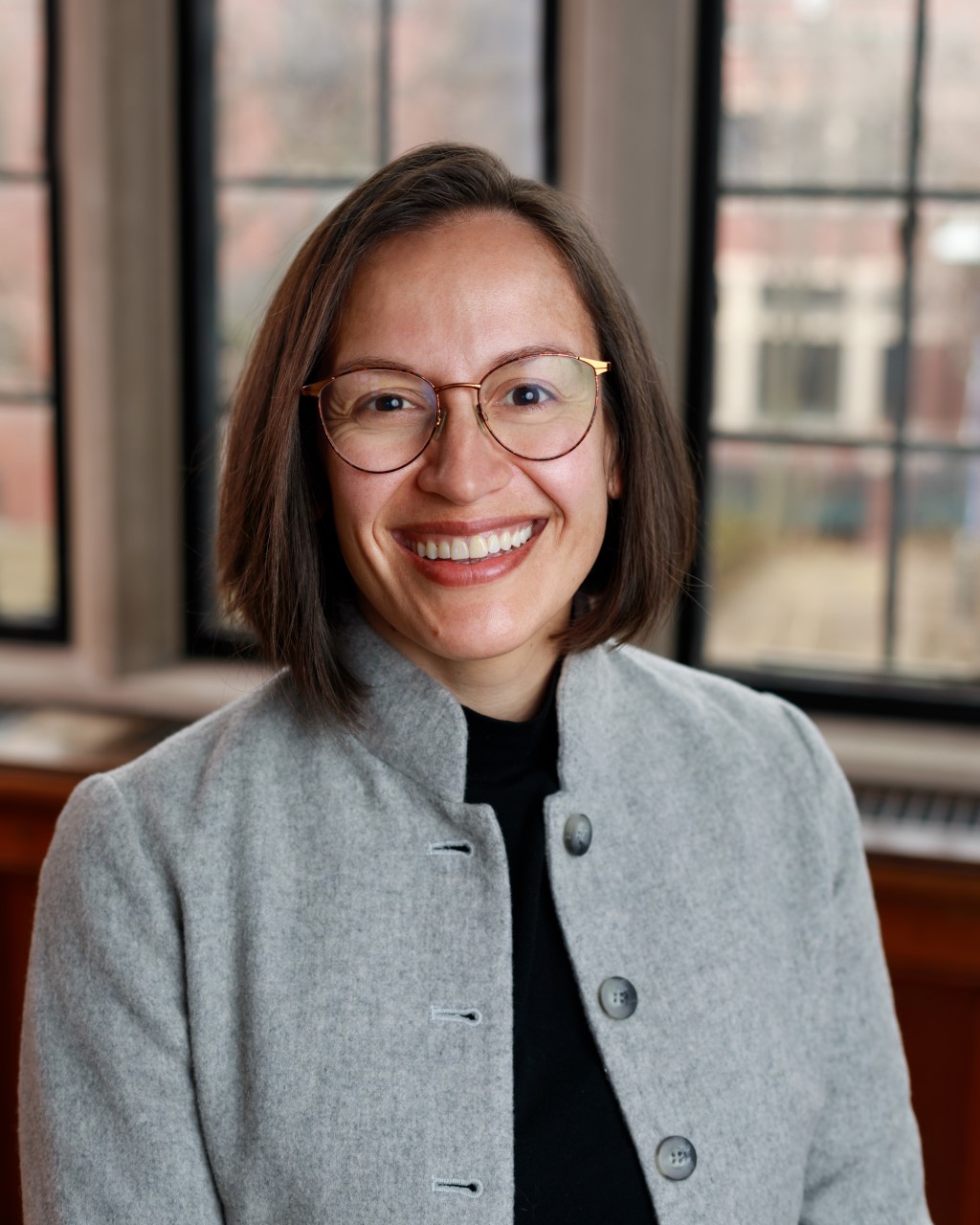
Biography:
Dr. Marisa Casillas is an Assistant Professor of Comparative Human Development at the University of Chicago. Trained in linguistics and psychology, she is interested in exploring how cognitive and social processes shape the ways in which we learn, perceive, and produce language. She uses a combination of experimental- and observation-based methods to comparatively investigate communication and language in both urban and rural contexts, with both children in and adults. Dr. Casillas and her lab—the Chatter Lab at the University of Chicago—work on these topics in populations around the globe. In the last few years, their work has taken place in: urban and suburban North American communities, urban and suburban communities in the Netherlands, a rural Tseltal Mayan community in Chiapas, Mexico, and in a rural island community in Milne Bay Province, Papua New Guinea. More information about current projects in her research group can be found at: https://chatterlab.uchicago.edu. This work has been collaboratively developed by Drs. Camila Scaff (University of Zurich), Ruthe Foushee (New School for Social Science Research), and Marisa Casillas (University of Chicago).
Project Title: Pilot-testing a cross-cultural field-friendly infant-directed speech preference paradigm
In the first year of life, infants develop a preference for infant-directed speech (IDS) over adult-directed speech (ADS)—this is one of the most robust findings in the developmental language sciences. Therefore, IDS has been proposed to play an essential role in child language development. However, cross-cultural work has shown time and again that children around the world hear different amounts of IDS, and they hear it from different talker types: some more often from adults and some more often from children. These observations complicate the claim that IDS universally drives children’s language development. We examine these ideas and more in four communities with distinct profiles of IDS amount (high vs. low) and source (adult vs. child) we examine two predictions: (1) a preference for IDS is present across all communities, but (2) infants prefer child-produced over adult-produced speech in communities where other children are their predominant interlocuters. Specifically, this project seeks to pilot-test a new method for examining this question, in situ, in the US, Bolivia, Mexico, and Papua New Guinea. The aim of this work is to critically re-examine one of the most well-known findings in developmental language science, taking inspiration from cross-cultural diversity in children’s early experiences.
 THE UNIVERSITY OF CHICAGO
THE UNIVERSITY OF CHICAGO

